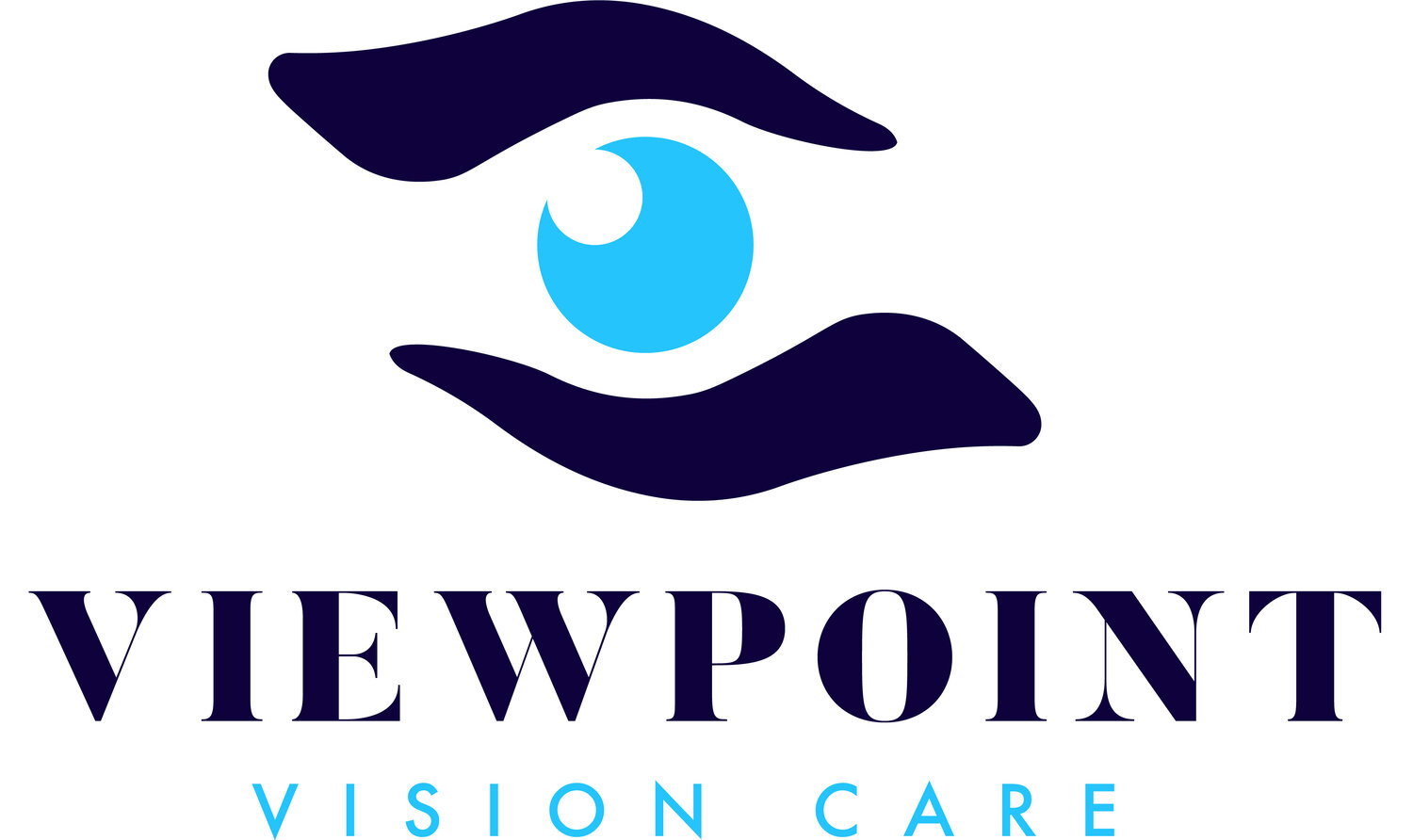Blue Light Glasses: Debunking Myths and Exploring Benefits
Blue light glasses have become increasingly popular as people spend more time in front of digital screens. However, there are still misconceptions surrounding their effectiveness and benefits. In this blog post, we'll debunk common myths about blue light glasses and explore their potential benefits for eye health.
Myth: Blue Light Glasses Are Only for Gamers and Tech Enthusiasts.
Reality: While blue light glasses are commonly associated with gamers and individuals who spend long hours in front of screens, they can benefit anyone who uses digital devices regularly. Whether you're a student, office worker, or stay-at-home parent, blue light glasses can help reduce eye strain and discomfort caused by prolonged screen time.
Myth: Blue Light Is Harmless to the Eyes.
Reality: Blue light emitted by digital screens can contribute to digital eye strain, disrupt sleep patterns, and potentially lead to long-term eye health issues. Blue light glasses filter out a portion of blue light wavelengths, reducing exposure and minimizing the negative effects on eye health.
Myth: Blue Light Glasses Can Cure Sleep Problems.
Reality: While reducing blue light exposure before bedtime may improve sleep quality, blue light glasses alone cannot cure sleep problems or insomnia. It's essential to establish healthy sleep habits, such as maintaining a consistent sleep schedule, limiting screen time before bed, and creating a relaxing bedtime routine, to promote better sleep hygiene.
Benefits of Blue Light Glasses:
Reduced Eye Strain: Blue light glasses can help reduce eye strain and discomfort associated with prolonged screen time by filtering out blue light wavelengths that contribute to digital eye strain.
Improved Sleep Quality: Limiting exposure to blue light in the evening may help regulate the body's natural sleep-wake cycle and improve sleep quality, especially for individuals who use digital devices before bedtime.
Protection Against Long-Term Eye Health Issues: While more research is needed, some studies suggest that prolonged exposure to blue light may increase the risk of age-related macular degeneration (AMD) and other eye diseases. Blue light glasses can help minimize exposure and protect against potential long-term eye health issues.
In conclusion, while blue light glasses may not be a cure-all solution, they can provide tangible benefits for individuals who spend significant time in front of digital screens. By debunking myths and understanding the potential benefits of blue light glasses, individuals can make informed decisions to protect their eye health and enhance their overall well-being.
